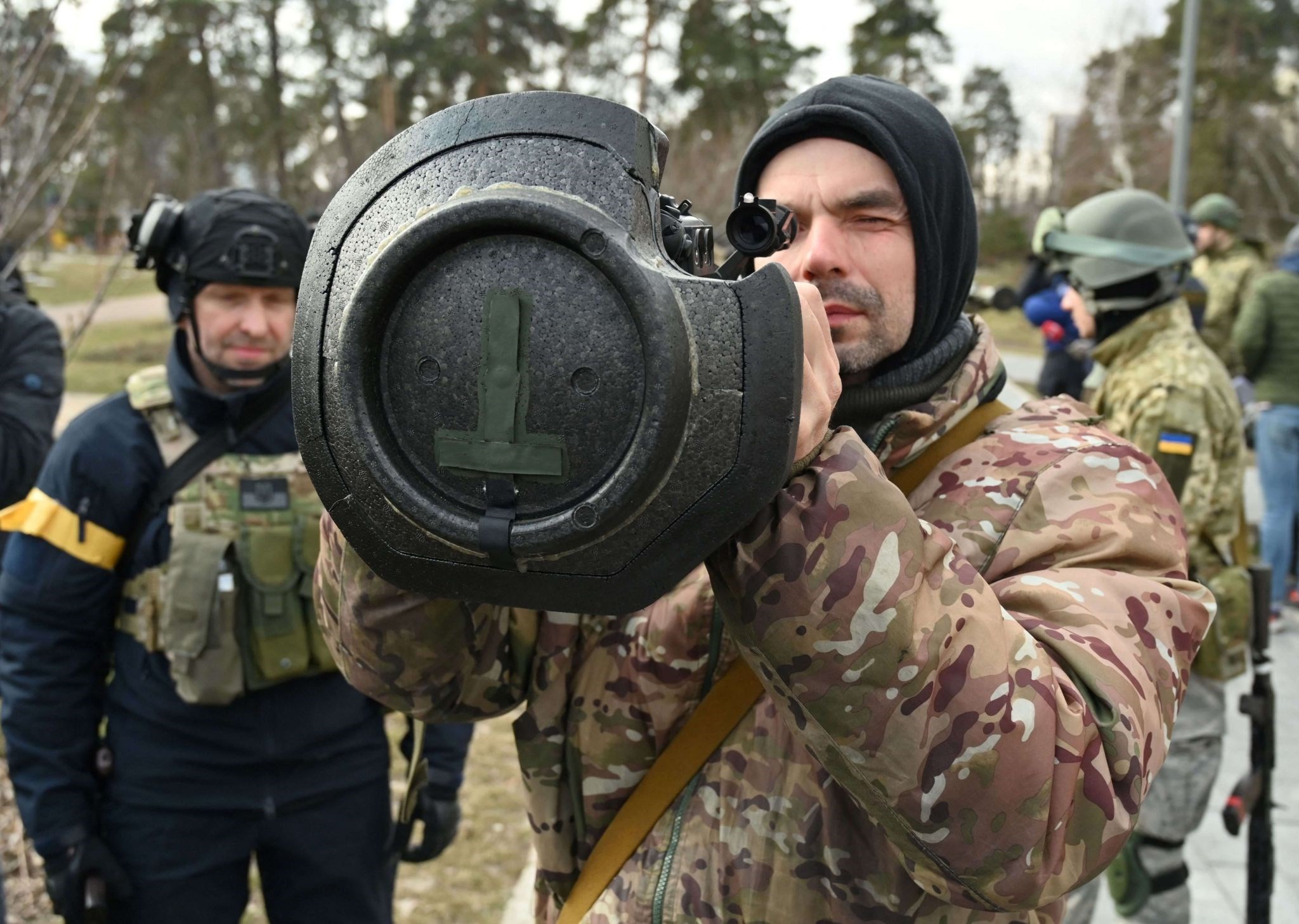Borrell: EU needs to refill stocks drained by supplies to Ukraine
According to EU foreign policy chief Josep Borrell, the EU needs to increase cooperative weapons purchases to restore stocks depleted by the military support provided to Ukraine
-

A Ukrainian soldier Holding an NLAW ATGM (Getty Images)
EU foreign policy chief Josep Borrell said on Wednesday that the European Union should increase cooperative weapons purchases to restore stocks depleted by the military support provided to Ukraine, improving NATO and the bloc's defensive capacities.
According to the EU foreign policy chief, the EU needs more deployable and interoperable armed forces to confront the whole spectrum of dangers and threats the unit is now experiencing. This would demand more defense spending by the member states. Borrell contends that it is critical to use money more effectively at the same time.
"The defense investment gap analysis presented to EU leaders last May shows the nature of the problem, but also what can be done, for example with the Commission and the European Defence Agency supporting member states to proceed with joint procurement. One urgent example is the replenishing of stockpiles depleted due to the delivery of military equipment to Ukraine," Borrell said in a blog.
See more: The West arms Ukraine
The joint acquisition of defense capabilities would not only contribute to the EU security and defense but would also be necessary "for NATO Allies to protect Europe against threats from Russia," he claimed.
In addition, Borrell stressed the necessity for the EU to utilize its defense capabilities more frequently, urging the bloc to serve as a security provider by participating more extensively in "crisis management" operations throughout the globe.
"In the past 20 years, the EU has developed extensive experience with its crisis management operations. What started in the Balkans has grown into a powerful instrument, through which the EU today has deployed 18 missions and operations, of which 11 civilian and 7 militaries, on three continents... We need to recognize that we do face challenges in crisis management. But each time that we took risks and engaged we have made a positive difference on the ground," he said.
Previously on July 9, the Russian Embassy in the United States said that the United States has an "unrestrained desire" to prolong the Ukraine war is what stands behind its delivery of four or more High Mobility Artillery Systems (HIMARS) for use by Kiev's forces.
Prior to that on July 7, former senior Pentagon adviser Karen Kwiatkowski told Sputnik Ukraine is selling weapons it acquired from the West on the black market due to the Kiev forces' limited ability to use them because of their lack of training, logistical challenges, and the diminishing size of the Ukrainian armed forces.
Russian Defense Minister Sergei Shoigu previously said the arms supplied by the West to Ukraine were ending up on the black market and spreading across West Asia.
The statements by Moscow and the Pentagon are not just claims, as Kiev itself backed them by admitting that foreign aid meant for Ukraine was already being sold. Ukraine's Bureau of Economic Security Director Vadym Melnyk told Ukraine 24 earlier this week that the agency had identified repeated cases of the sale of Western military and humanitarian aid.
Read more: US arms supplies to Kiev may end up in shadow markets of other countries

 3 Min Read
3 Min Read








